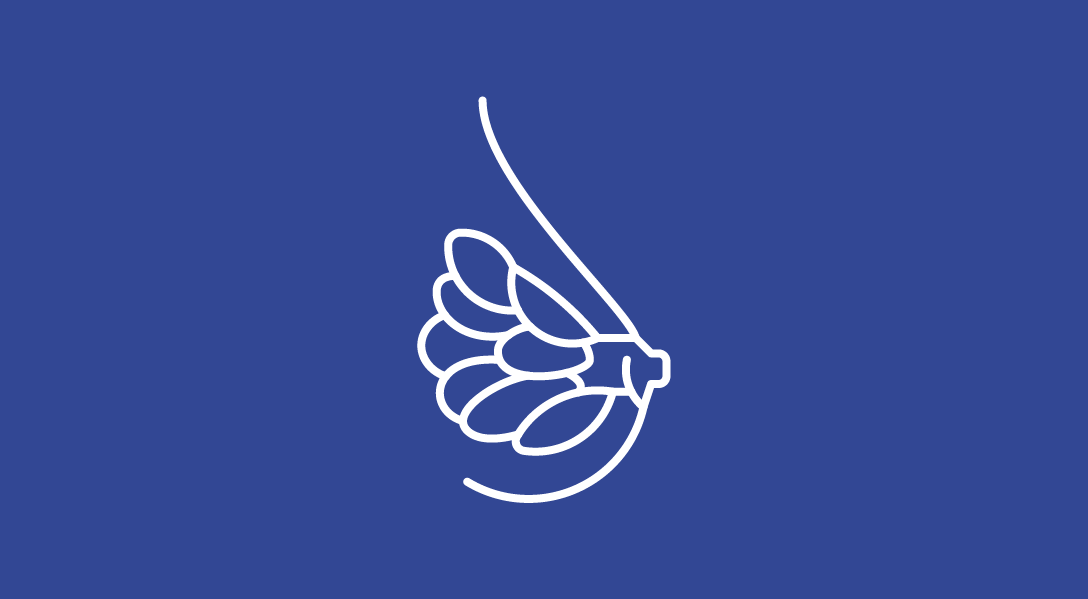Answering the Call: Palliative Care Access Depends on Knowledgeable Frontline Staff
Palliative care access can be impeded by frontline cancer center office staff members if they do not understand the services.
Kathryn Hutchins

Kathryn Hutchins
Palliative care and supportive care services are an essential part of cancer treatment, and currently, all National Cancer Institute (NCI)-designated comprehensive cancer centers report having these services available to patients. However, barriers to accessing these services exist that some healthcare practitioners may not even be aware of, according to the findings of a study presented at the ASCO 2016 Palliative Care in Oncology Symposium.
Researchers with Duke University and the Duke Cancer Institute sought to determine how easy it would be for new patients to access the palliative care system when they first contact a major cancer center.
Palliative care services, along with 6 other supportive care services (cancer education, multidisciplinary care teams, patient navigation, counseling/psychiatric care, genetic counseling and clinical trials), are required for accreditation by the Commission on Cancer, and all NCI-designated cancer centers state the availability of consultative palliative care services.
The study consisted of simulated calls to 40 NCI-designated cancer centers, using a novel “mystery shopper” format. The calls all followed a standard script, involving a family member seeking palliative care for a 58-year-old woman with inoperable liver cancer. Researchers called each center 4 times on different days, twice with the caller reporting Medicaid insurance and twice with private insurance. Researchers then reported on the quantitative and qualitative components of the answers they received. Overall, 160 calls were made, 46 of which did not reach a person (29%).
Researchers found that 38.2% of callers were unable to receive complete information about supportive care services. Additionally, only 37.6% of callers were told all 7 supportive care services were offered. In 9.5% of the calls, the call recipient could not confirm whether palliative care services were offered at the cancer center. While specific responses varied when the “mystery callers” asked if palliative care was available, the authors wrote, “Ten call recipients told us that they were unsure whether palliative care was available, while five more told us that they were sure it was not available.”
In addition, when answering “yes” to palliative care services being available at a particular cancer center, call recipients often referred the callers to patient navigation and genetic assessment services.
“The availability of these services does not guarantee their accessibility; efforts must be made to close this availability/accessibility gap,” study authors noted.
Overall, they found that if the frontline cancer center office staff members do not understand some services, it can impede patients’ accessibility to them.
“As oncologists, we like to believe that when we refer patients to our institution’s helpline, they will get connected to the services they need, but that doesn’t always happen,” said Arif Kamal, MD, an oncologist at Duke Cancer Institute and co-investigator on the study, in a statement. “It’s important for oncologists to be aware of these barriers and to work to eliminate them.”
The researchers suggest expanding awareness and education to “patient-facing” cancer center employees about the services available. Kathryn Hutchins, a third-year medical student at Duke University and lead author on the study, pointed out that this study “provides an opportunity for cancer centers to empower their frontline staff, as well as the oncology care team, through education and training so the entire enterprise has a common understanding of palliative care and how to access it.”
References
Hutchins K, Hamlyn G, Johnston A, et al. The availability/accessibility gap of palliative care and supportive care services at 40 National Cancer Institute-designated cancer centers. J Clin Oncol. 2016;34(suppl 26S; abstr 122).
Workflow, Educational Tools Improve Use of Silicone Film to Prevent Radiation Dermatitis
April 25th 2024Tools to educate oncology nurses and patients on the use of Mepitel film to prevent radiation dermatitis has improved the workflow around its introduction to patients with breast cancer, as well as its application and maintenance.
Olaparib Plus Chemo May Not Improve Outcomes vs Chemo Alone in BRCA Wild-Type TNBC
April 23rd 2024Patients with BRCA wild-type triple-negative breast cancer treated with olaparib on a gap schedule with chemotherapy did not experience improved responses compared with chemotherapy alone in the neoadjuvant setting.




